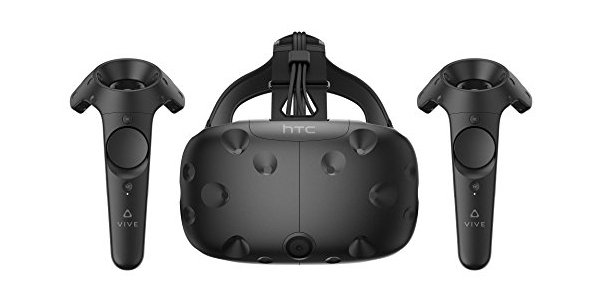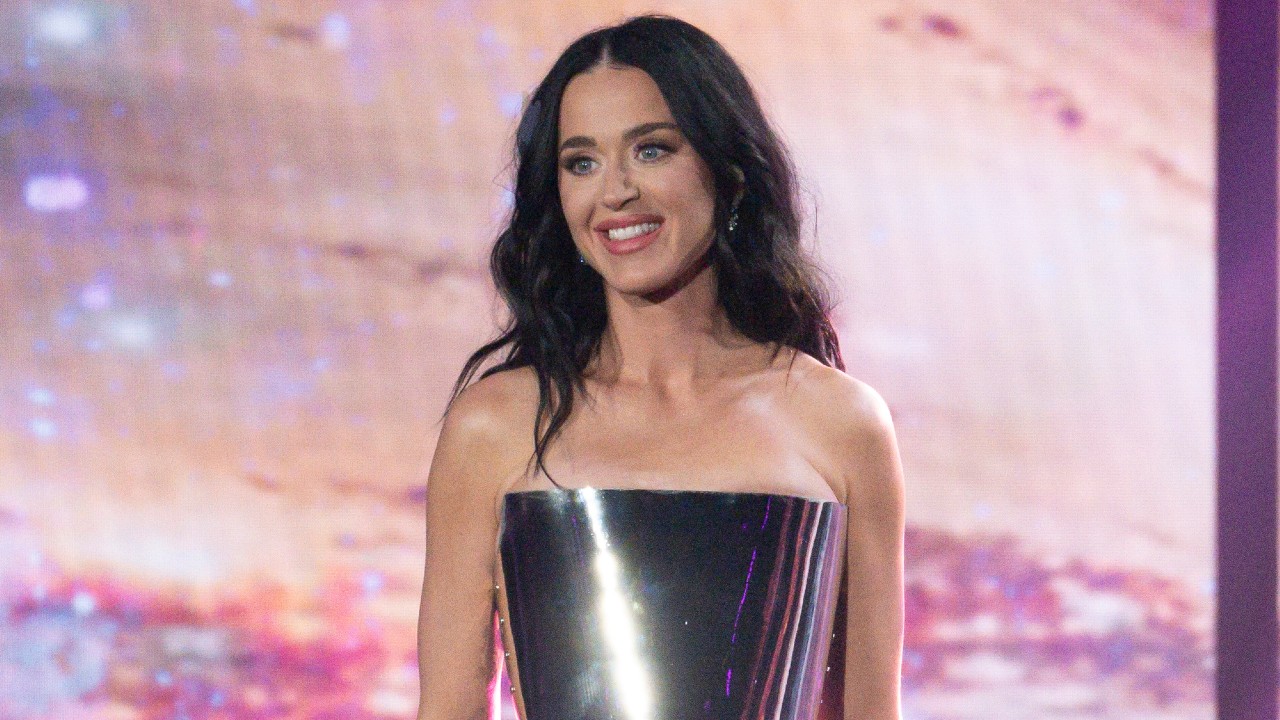VR Headsets Just Hit A Major Milestone

VR HMDs are still quite expensive, but some enthusiasts are giving them a go. In fact, during the third quarter of this year alone there has been a major milestone hit with the amount of VR headsets that have shipped out across the PlayStation VR, the Oculus Rift and the HTC Vive, totaling 1 million units shipped in the third quarter of 2017.
Canalys is reporting that, for the third quarter of 2017, 1 million HMDs have been shipped. The breakdown sees Sony with the lead, shipping more than 490,000 PlayStation VR sets throughout the quarter, which was followed by Oculus Rift's 210,000 sets. Valve's HTC Vive managed to move 160,000 units. The three headsets dominated 86% of the total market spend on VR HMDs throughout the third quarter.
This means that other headsets made up the 140,000 other hardware sales, but the report excluded Google Daydream, and Samsung's Gear VR.
The market report notes that the reason the Oculus Rift managed to take so much of the pie was due to the fact that Oculus discounted the Rift throughout the summer and fall by a fairly significant mark. In fact, throughout the summer the Rift was available for $399, while during the fall the headset was marked down to $350.
According to Canalys, the researchers believe that the real test of market saturation will come in the form of the Oculus Go, which is the upcoming miniature standalone that will be available for only $199, which will undercut the strong-selling PlayStation VR by $150. I imagine that will be a make or break moment for Oculus, given that $199 also makes it a lot more enticing for people who feel as if PC gaming is outside their budget.
In fact, the Oculus Go is cheap enough to compete for consumer spend on products like the Nintendo Switch, which is currently selling quite strongly at $299. Of course, the big difference is that the Oculus Go still has the problem of being a singular user experience, where-as the Switch is designed for local multiplayer, tabletop multiplayer and online multiplayer, which has made it an extremely sought after device for families and friends.
Canalys also notes that market awareness for VR is increasing thanks to VR zones, like the one in Shinjuku, Tokyo that Bandai Namco opened up. The VR family zone lets users experience theme-park style rides, or shoot physics-based fireballs from a Dragon Ball Z simulator. While the ticket fare can be somewhat expensive, the idea of people going to a VR park instead of a real life theme park has opened up a lot of possibilities for the adoption of VR in the casual consumer market.
CINEMABLEND NEWSLETTER
Your Daily Blend of Entertainment News
Due to the growth of VR throughout 2017, the market researchers believe that this adoption will continue throughout 2018, and that beyond gaming we'll begin to see more applications of VR in the health, manufacturing and education systems. Microsoft is also getting in on the gig with a line of AR/VR headsets designed to easily integrate into Windows 10 operating systems.
Other top tech companies are also expected to unleash additional dedicated VR headsets throughout 2018. Software is still trailing behind the hardware, however. While more games are coming out for VR headsets, they've yet to come close to sales of traditional games.
Staff Writer at CinemaBlend.
I Thought Elsbeth's Bloody Judge Crawford Twist Had To Be A Fake Out, But Now I Have Questions For The Season 2 Finale
A24’s The Legend Of Ochi Hired A YouTuber Making Bird Sounds In His Basement To Work On The Movie, And I'm Wowed By The Whole Process
Charli XCX Is Not Going To Be In Greta Gerwig's Narnia Movie After All, But I'm Psyched That We're Still Getting A Barbie Reunion Thanks To New Casting











